White contact lenses have become a popular trend, especially during Halloween and cosplay events, as they can give you an eerie, otherworldly look. However, some people may be hesitant to try white contacts because they are unsure about their safety. In this article, we will explore the safety of white contacts and what you need to know before you decide to wear them.

What Are They?
White contact lenses are typically opaque lenses that cover the iris and the pupil of your eye, giving your eyes a white or solid color appearance. They are a popular choice for those looking to achieve a specific look for special occasions, such as Halloween costumes or cosplay events. Additionally, white contacts are commonly used in movies and TV shows to create a range of special effects, making them a fascinating tool in the world of entertainment.
Are White Contacts Safe?
Like any other contact lens, white contacts are safe as long as you follow the proper procedures for handling and wearing them. However, the safety of white contacts depends on several factors, including the quality of the lenses, how you handle them, and how long you wear them.


Quality of Lenses
It is essential to purchase white contacts from a reputable and trustworthy store. Cheap, low-quality contacts can be harmful to your eyes and increase the risk of infection. Before purchasing white contacts, do your research and read reviews to ensure that the contacts are made with high-quality materials and that they have been tested for safety.
Handling and Wearing White Contacts
Proper handling and wearing of white contacts are critical to ensure that they are safe for your eyes. Before handling your contacts, always wash your hands with soap and water and dry them thoroughly. It is also essential to clean your white contacts with a suitable cleaning solution before and after wearing them.

It is important to note that white contacts are not intended for daily wear. Wearing contacts for an extended period can lead to eye irritation and increase the risk of infection. It is best to consult with an eye care professional to determine the appropriate amount of time you can wear your white contacts safely.
Potential Risks of Wearing White Contacts
Wearing white contacts can pose some risks, just like any other contact lens. The most common risks include:
-
Infection: Bacteria can grow on the contact lens, leading to infection. It is essential to clean the contacts regularly and follow proper handling procedures to reduce the risk of infection.
-
Eye Irritation: White contacts can cause eye irritation, particularly if you wear them for an extended period.
-
Vision Impairment: If the contacts do not fit properly, they can cause blurred or impaired vision.

To ensure the safe use of white contacts, here are some tips to keep in mind:
- Always purchase white contacts from a reputable supplier.
- Never share your contacts with anyone.
- Follow proper handling procedures, such as washing your hands and cleaning your contacts regularly.
- Wear the contacts only for the recommended period.
- If you experience any discomfort or irritation while wearing your contacts, remove them immediately and contact an eye care professional.
Conclusion
In conclusion, white contacts are safe to wear as long as you purchase them from a reputable supplier and follow proper handling procedures. They are a great accessory for special effects, cosplay, and Halloween costumes, but it is essential to wear them for the recommended period and remove them if you experience any discomfort or irritation. If you have any concerns about wearing white contacts, consult an eye care professional. With the right care and handling, you can safely enjoy the unique look that white contacts can provide.



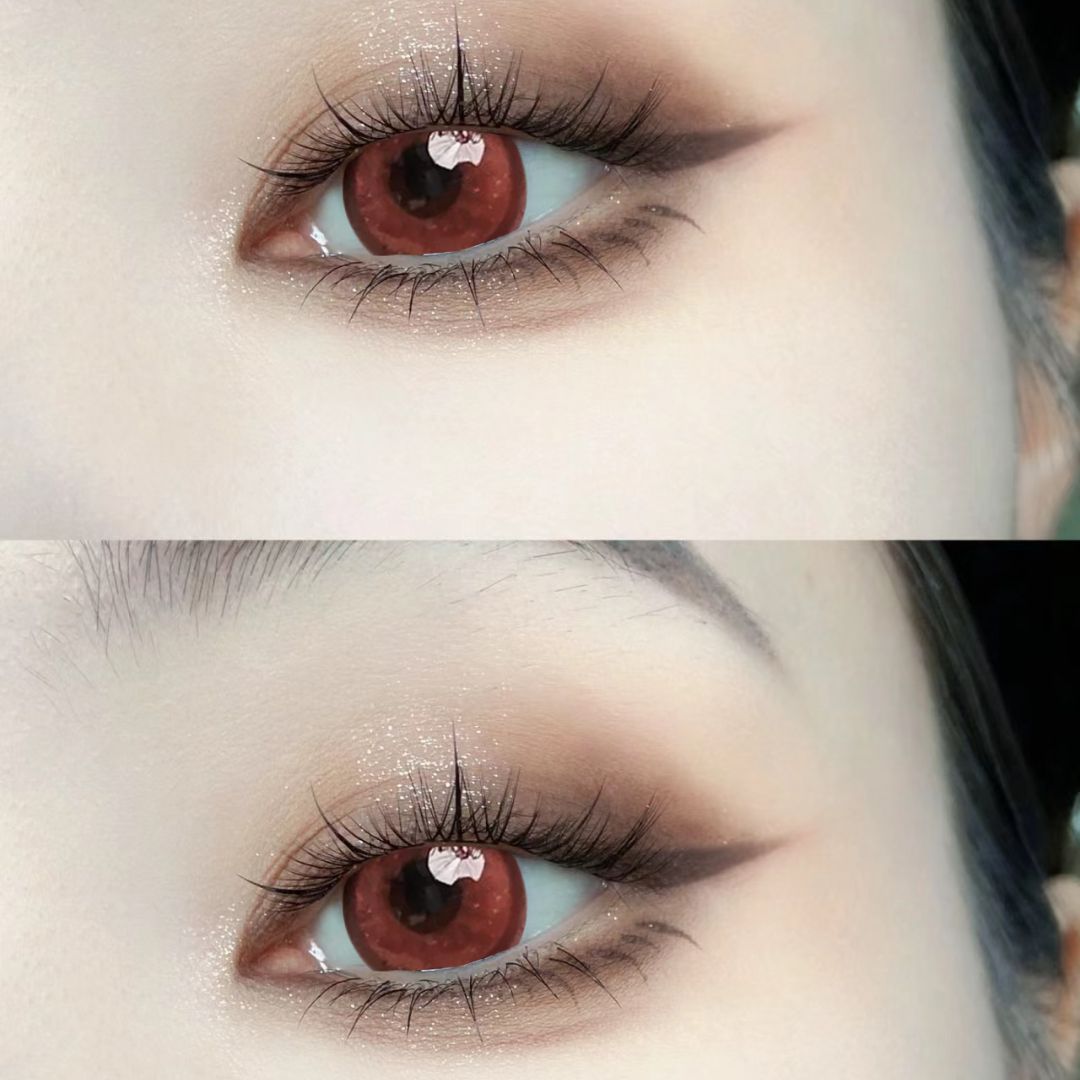

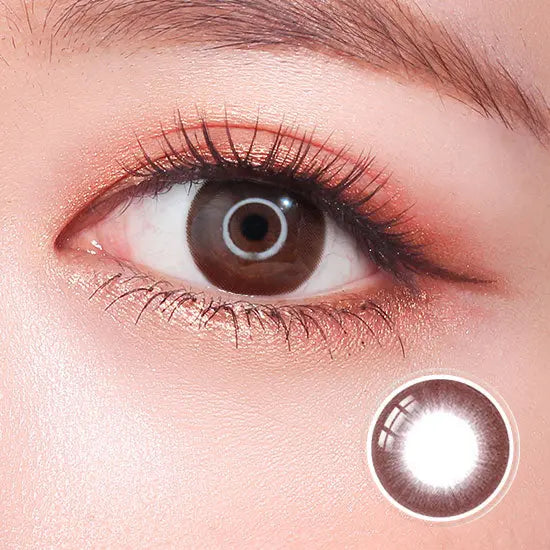

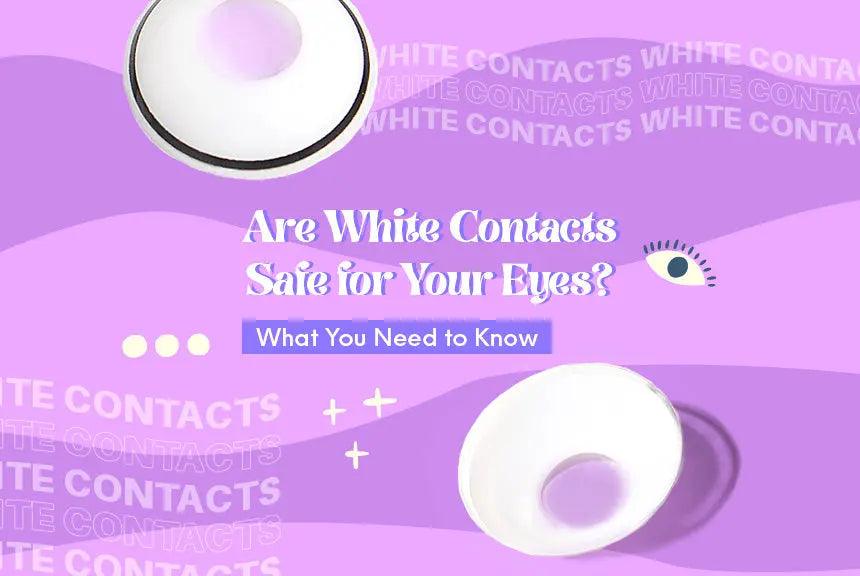


 What Are They?
What Are They?








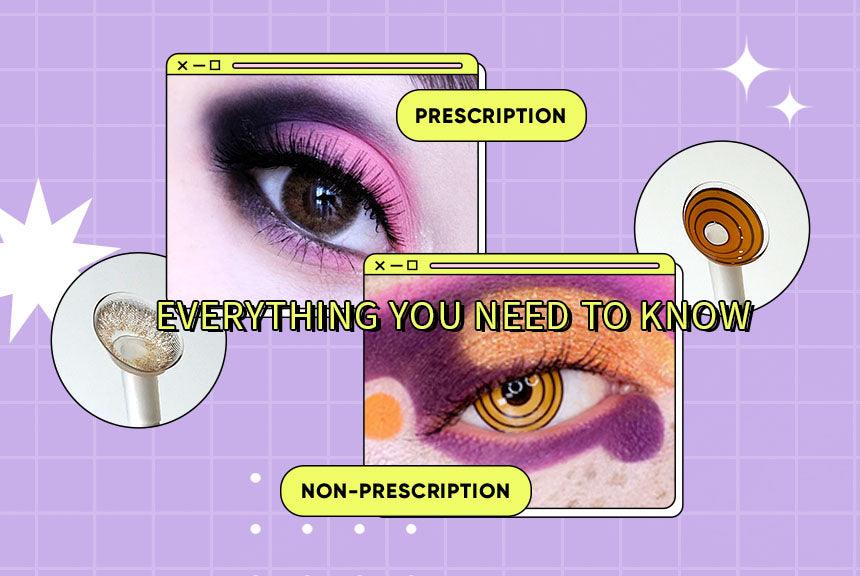
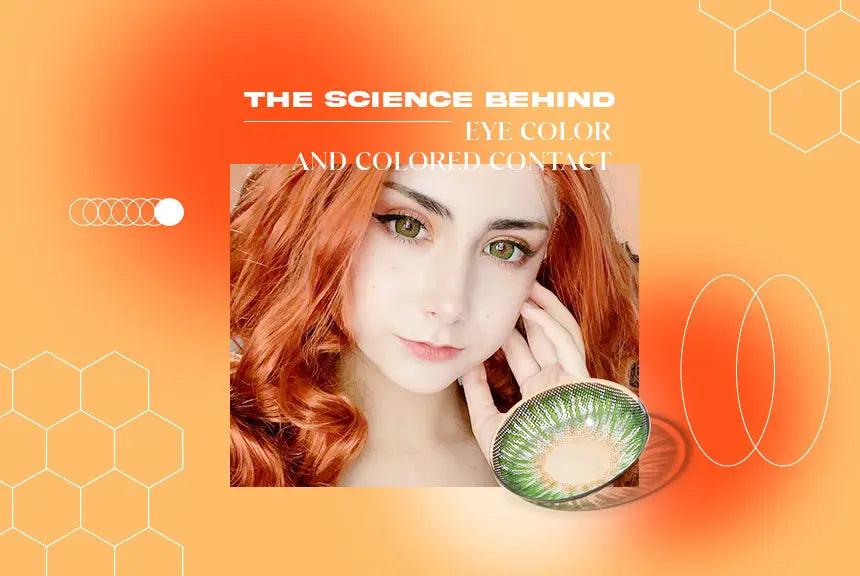
Leave a comment
All comments are moderated before being published.
This site is protected by hCaptcha and the hCaptcha Privacy Policy and Terms of Service apply.